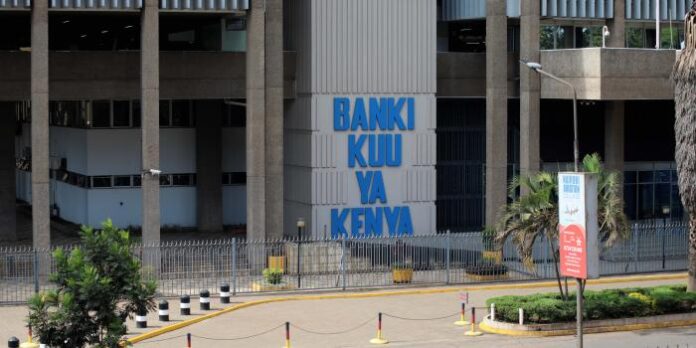Commercial banks are poised to become the biggest beneficiaries of a sweeping overhaul in Kenya’s government bond trading framework, as the Central Bank of Kenya (CBK) and the National Treasury move to revamp the secondary market for Treasury securities.
The planned reforms are aimed at improving liquidity, transparency, and efficiency in bond trading, but are also expected to cement the dominant role of banks in the fixed-income market.
Under the proposed changes, market makers mainly Tier 1 banks will be given a more prominent role in facilitating continuous bond trading by being required to provide two-way quotes for selected benchmark bonds.
In return, these institutions will receive certain privileges, including priority access to bond issuances and possible tax incentives, according to sources close to the matter.
This model, widely used in more developed markets, is intended to encourage more active trading, reduce price volatility, and support the development of a reliable yield curve.
The reforms, which are being developed in collaboration with the Nairobi Securities Exchange (NSE), the Capital Markets Authority (CMA) and the CBK, will also include measures to modernize trading infrastructure, enhance post-trade transparency and attract a wider pool of investors.
However, critics argue that giving banks too much influence could crowd out retail and non-bank institutional investors, potentially creating an uneven playing field.
Banks currently hold more than 50 percent of all outstanding government debt, giving them significant sway in the bond market.
By granting them even more leverage, the CBK aims to stabilize trading activity and deepen the secondary market but will need to balance those goals against inclusivity and investor diversity.
The reforms are expected to be rolled out in phases beginning in the last quarter of 2025, with full implementation anticipated in 2026.
Written By Ian Maleve



















